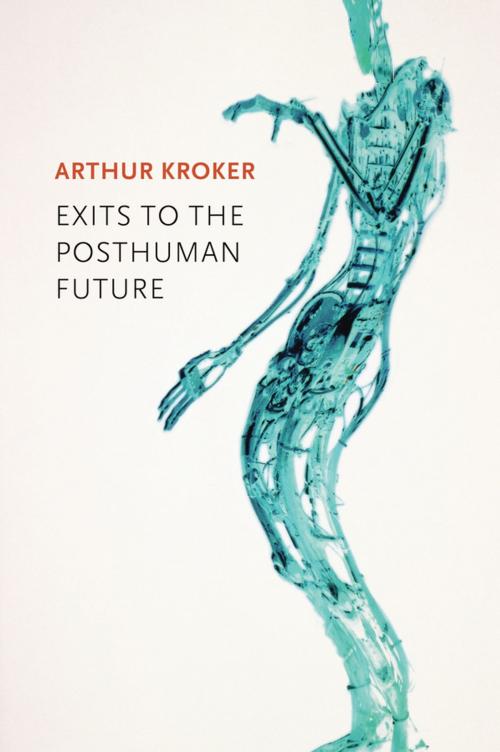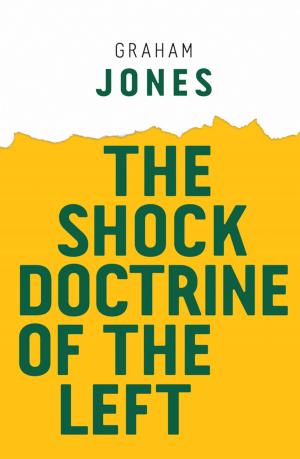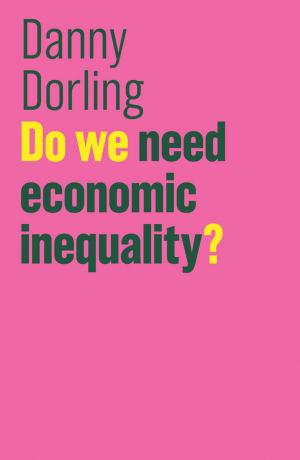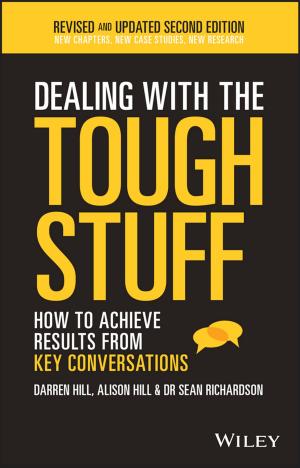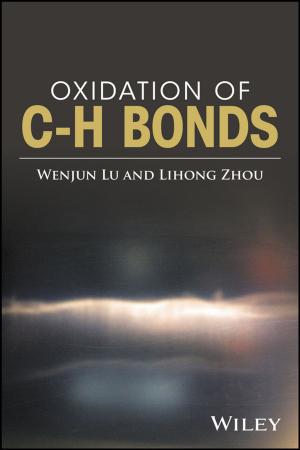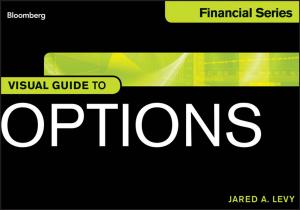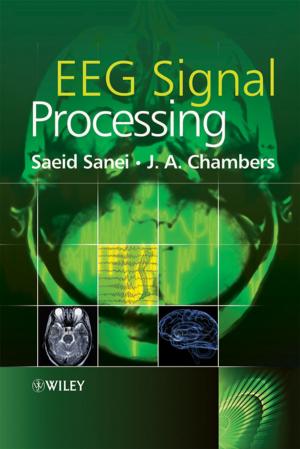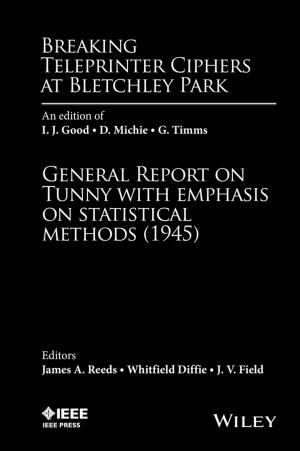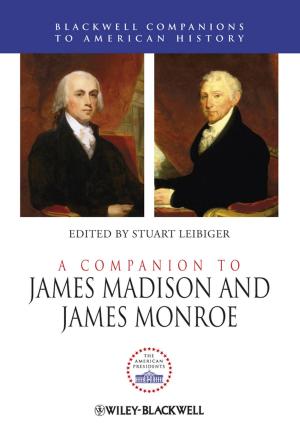Exits to the Posthuman Future
Nonfiction, Social & Cultural Studies, Social Science, Cultural Studies, Popular Culture| Author: | Arthur Kroker | ISBN: | 9780745682259 |
| Publisher: | Wiley | Publication: | March 12, 2014 |
| Imprint: | Polity | Language: | English |
| Author: | Arthur Kroker |
| ISBN: | 9780745682259 |
| Publisher: | Wiley |
| Publication: | March 12, 2014 |
| Imprint: | Polity |
| Language: | English |
Exits to the Posthuman Future is media theory for a global digital society which thrives, and sometimes perishes, at the intersection of technologies of speed, distant ethics and a pervasive cultural anxiety. Arthur Kroker’s incisive and insightful text presents the emerging pattern of a posthuman future: life at the tip of technologies of acceleration, drift and crash. Kroker links key concepts such as “Guardian Liberalism” and Obama’s vision of the “Just War” with a striking account of “culture drift” as the essence of real world technoculture. He argues that contemporary society displays growing uncertainty about the ultimate ends of technological innovation and the intelligibility of the digital future. The posthuman future is elusive: is it a gathering storm of cynical abandonment, inertia, disappearance and substitution? Or else the development of a new form of critical consciousness - the posthuman imagination - as a means of comprehending the full complexity of life? Depending on which exit to the posthuman future we choose or, perhaps, which exit chooses us, Kroker argues that a very different posthuman future will likely ensue.
Exits to the Posthuman Future is media theory for a global digital society which thrives, and sometimes perishes, at the intersection of technologies of speed, distant ethics and a pervasive cultural anxiety. Arthur Kroker’s incisive and insightful text presents the emerging pattern of a posthuman future: life at the tip of technologies of acceleration, drift and crash. Kroker links key concepts such as “Guardian Liberalism” and Obama’s vision of the “Just War” with a striking account of “culture drift” as the essence of real world technoculture. He argues that contemporary society displays growing uncertainty about the ultimate ends of technological innovation and the intelligibility of the digital future. The posthuman future is elusive: is it a gathering storm of cynical abandonment, inertia, disappearance and substitution? Or else the development of a new form of critical consciousness - the posthuman imagination - as a means of comprehending the full complexity of life? Depending on which exit to the posthuman future we choose or, perhaps, which exit chooses us, Kroker argues that a very different posthuman future will likely ensue.
